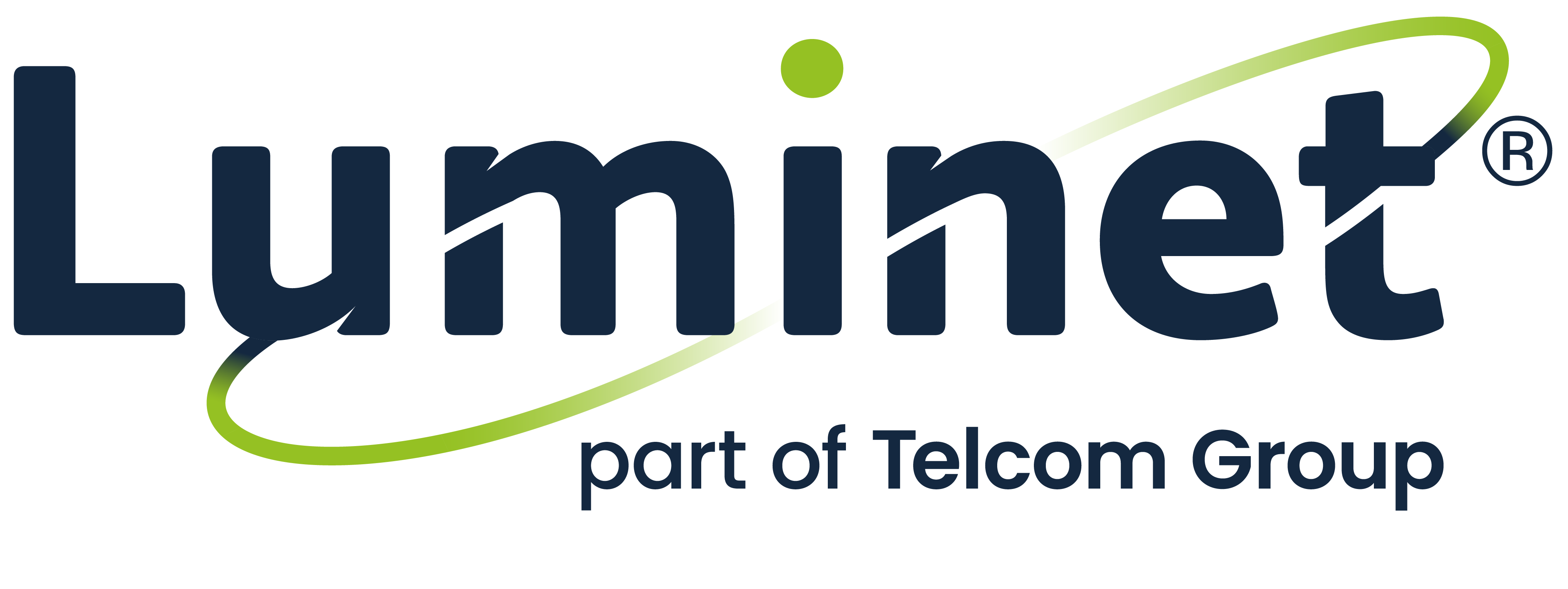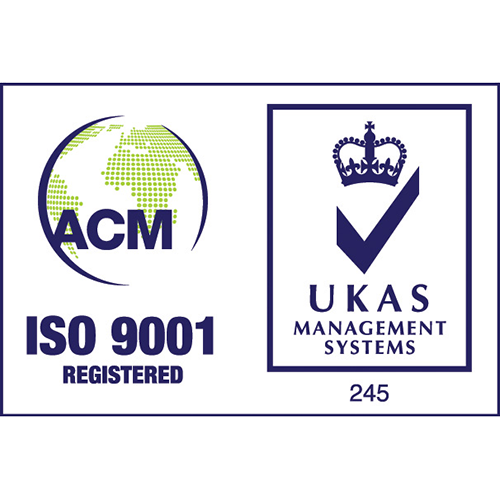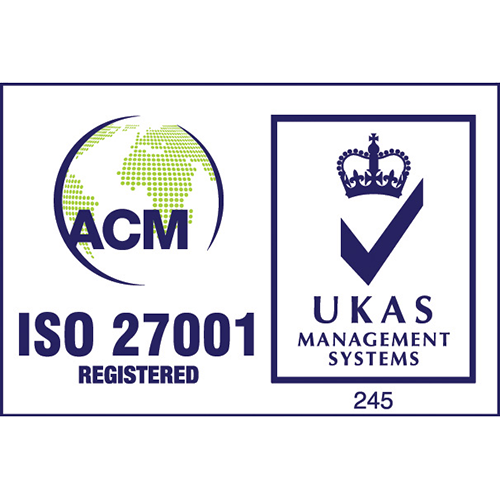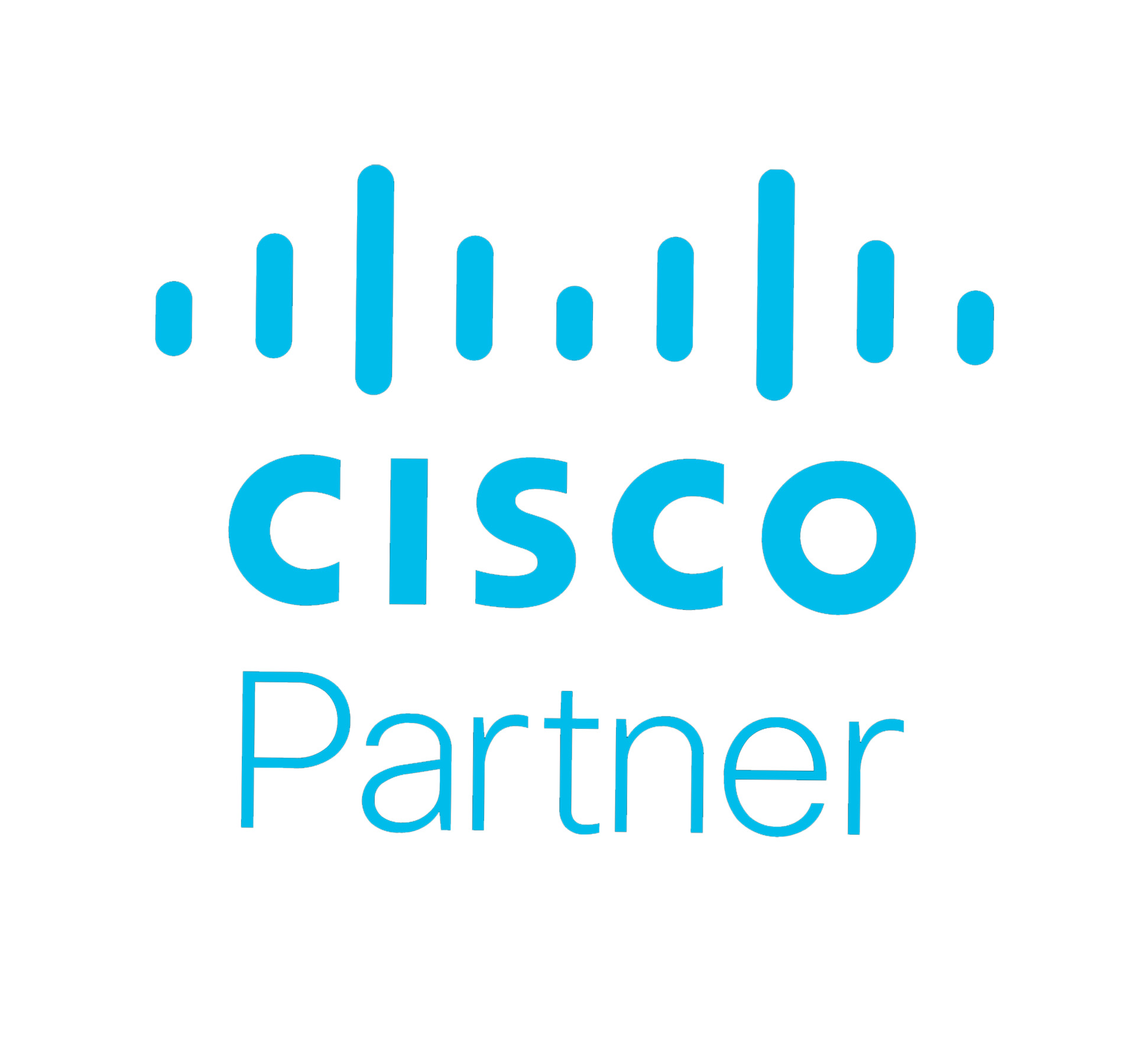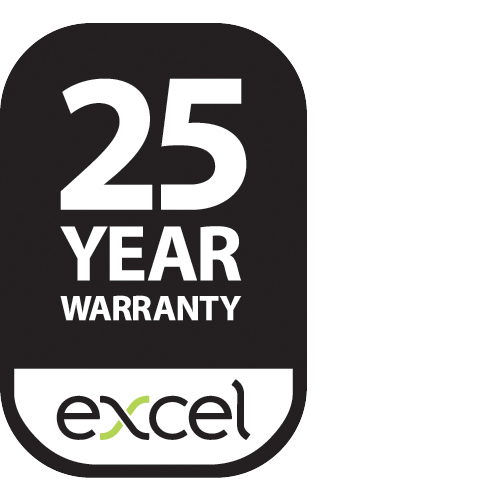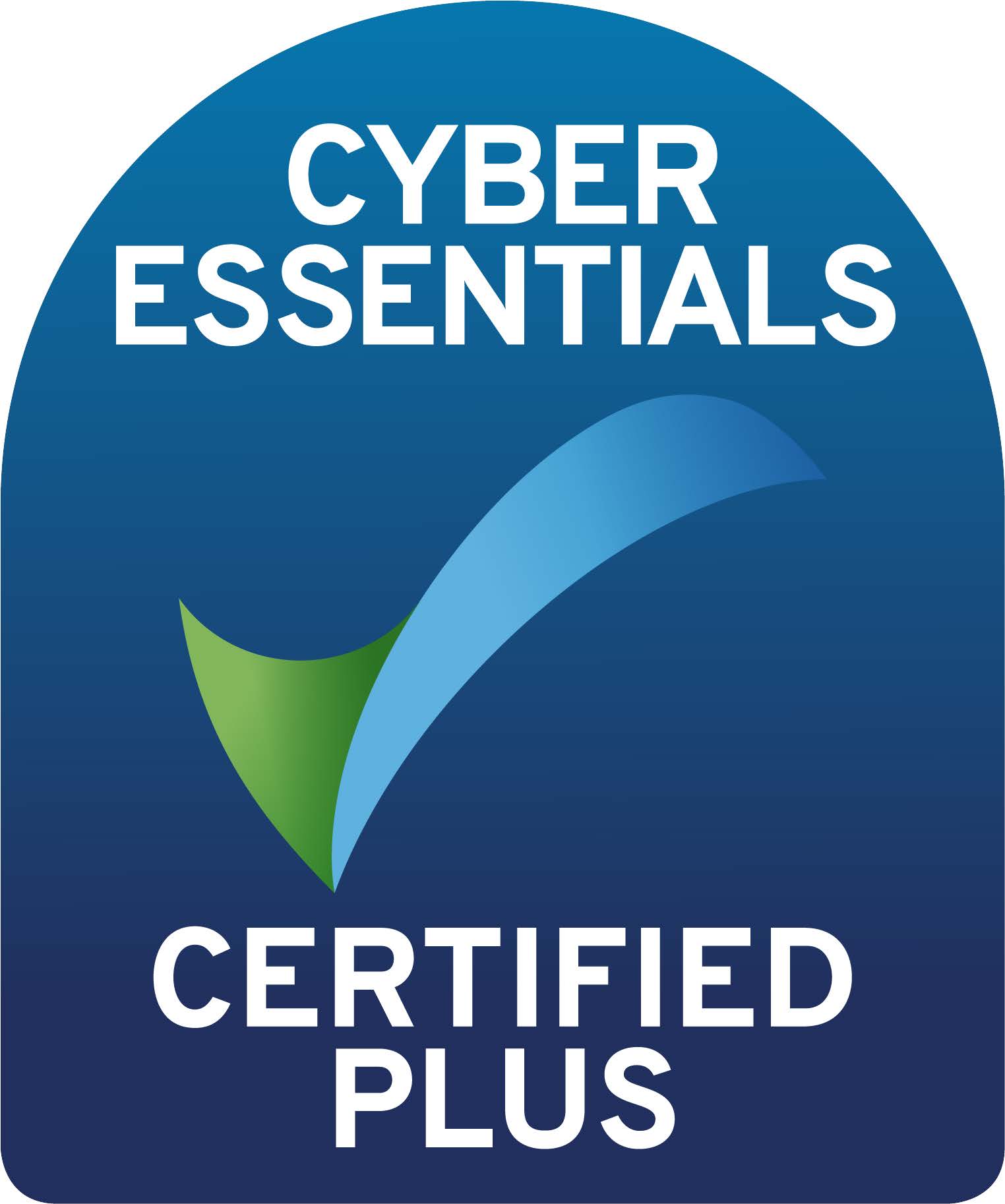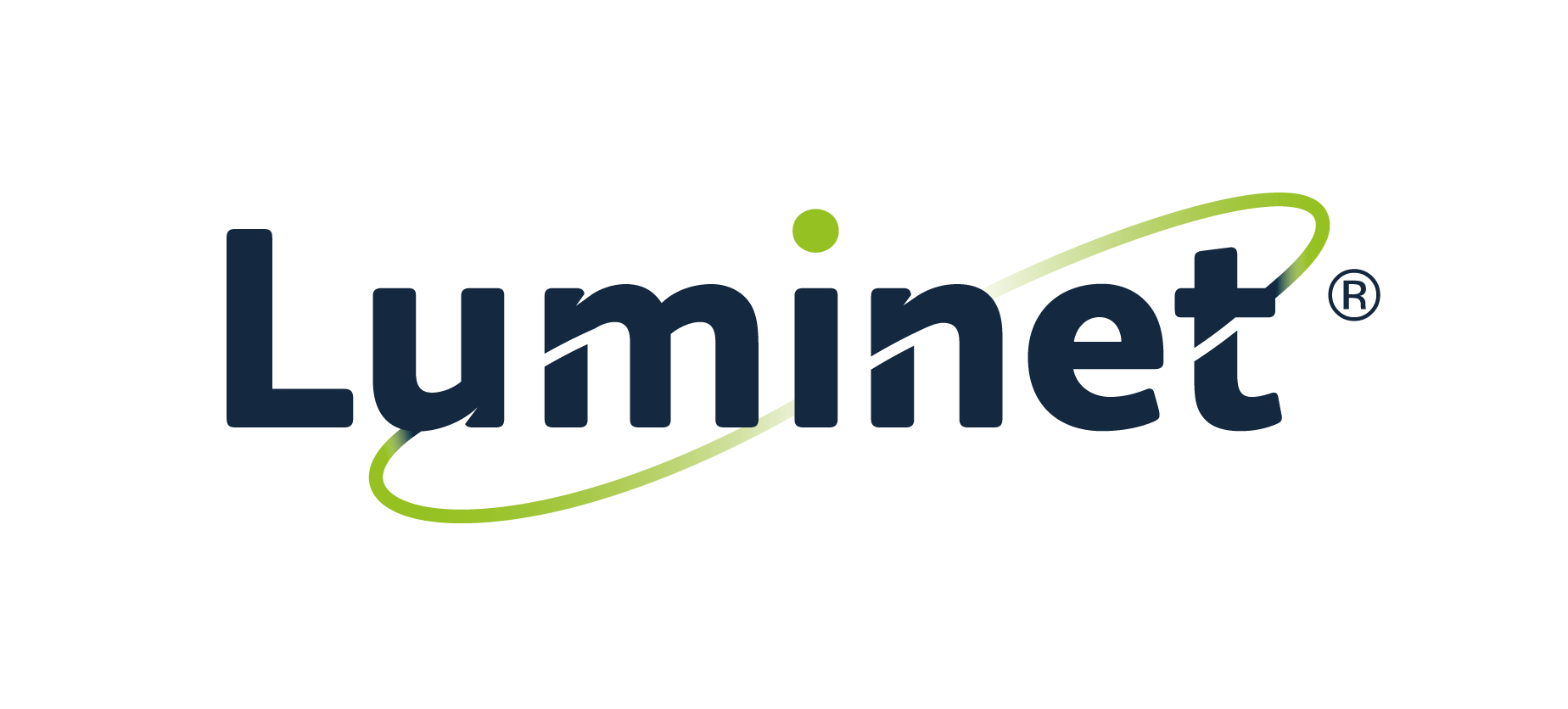SIP vs ISDN: What Business Owners Need to Know
SIP vs ISDN: What Business Owners Need to Know
SIP systems have gained tremendously in popularity in recent years thanks to the many benefits that they offer. Equally there are still many business owners and network administrators using ISDN connections; the question is really why one should consider using one solution over the other?
Let’s start with some definitions. ISDN stands for “Integrated Services for Digital Network”. First defined in 1988 this set of communication standards facilitates the transmission of data over the global telephone network. In other words, ISDN can be thought of as a “traditional” internet connection.
SIP, however, is an altogether solution. Standing for “Sessions Initiation Protocol”, SIP is a set of protocols for VoIP calls. In the early days of the Internet Skype and other VoIP services were all the rage. While they promised “free” phone calls, in reality the infrastructure was not without its weaknesses. Poor sound quality and dropped calls were commonplace. These days, however, VoIP technology has moved on significantly, offering incredible advances in quality of service.
So why should a business consider using SIP as an alternative to ISDN?
Cost Savings
These days SIP makes the original VoIP dream a reality; that means significant cost savings on outgoing phone calls without having to compromise on call quality. Depending on your current business set-up, and the number of calls you make, exchanging a traditional ISDN setup for the SIP alternative can yield almost instant cost savings of 20-60%. SIP is a technology, therefore, that pays a rapid ROI, making it a very safe investment for businesses.
Greater Scalability
We live in unpredictable times, where businesses grow and contract in response to the market. There are annual fluctuations in business (such as the Q4 growth seen in many B2C verticals) as well as future growth plans to consider.
Expanding your network infrastructure with ISDN involves the connection of new lines; a process that not only takes time but also commits you to future expenses that may not be necessary.
SIP systems, however, allow you to scale up or down within days. This means that SIP systems can more accurately respond to the needs of your business, as well as saving your company money on redundant facilities.
Greater Flexibility
SIP systems are inherently flexible. For example, rules can be established which will transfer calls to specific numbers under given circumstances. For companies with remote workers, or sales teams regularly on the road, SIP provides a seamless way for your clients to contact their account manager no matter where they are – and all using a single phone number.
Ease of Installation
Lastly, as SIP systems are primarily software-dependent, rather than relying on physical copper wires, installing and modifying such a system is simplicity itself. This makes the transition from ISDN to SIP easier than you might first imagine and allows you to easily modify your system over time in line with business requirements.
Luminet is proud to provide SIP VoIP systems to businesses in London.
Contact us to find out more about our SIP VoIP services
